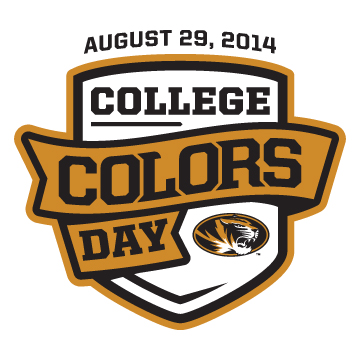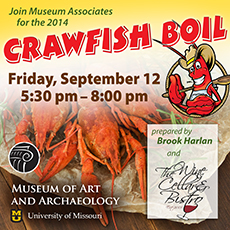It’s one thing to be a scientist. It’s another to explain to a lay audience what you do and why it matters.
This summer, six MU professors were 2014 Communications Fellows, a program in the College of Agriculture, Food and Natural Resources overseen by university alumna Mary Schon. The goal is to make scientists effective communicators about their scholarly expertise to a general audience
Schon, who holds a doctorate from MU in agronomy/plant physiology, spent 17 years at Epcot Walt Disney World, where she developed science programming presentations for children and adults. More recently, she was a senior scientist at The Krell Institute, an Iowa-based agency that consults on science education. Currently she is an independent consultant.
Twenty-one MU professors have been Communications Fellows since its inception in 2012.
Taking part this summer were Scott Brown, a research assistant professor of agricultural and applied economics; Bruce Burdick, superintendent of Hundley-Whaley Research Center and a specialist in soil improvement; Bob Schnabel, research associate professor of molecular biochemistry; Melissa Mitchum, associate professor of plant sciences; Mengshi Lin, associate professor of food science; and Eliza Tse, chair of hospitality management.
The fellows have been trained on making speeches, presentations, “elevator talks” and doing media interviews.
On July 17, five of the six professors in this summer’s program had their “final exam”: a 15-minute presentation to an imagined audience, such as farmers, legislators, high school students or the general public. Among those offering feedback were staffers from MU News Bureau, Publications and Alumni Communication, CAFNR, and a reporter from The Columbia Daily Tribune.
After each presentation, commentators, which included the other scientists, typically asked that presenters concentrate on keeping the science simple, the message on target, and the examples vivid and relatable to lay people.
One commentator advised, “Don’t let too much science take over your presentation.” Another said, “Things got full of jargon toward the end.”
An interesting discussion unfolded about the use of humor in a science presentation.
Humor helps relax the audience and makes the speaker seem approachable. This emboldens the audience to participate in the Q-and-A portion, typically the most interesting part of a presentation, Schon said. “If people don’t see you as approachable, they won’t ask questions,” she said.
As for humor, caveats included: Don’t overdo it, make sure it’s tasteful and don’t be someone you are not. Someone who sticks to dry one-liners around the office should probably not tell a knock-knock joke on stage.
Brown likes to open with a joke to soften the edge, but he’s prepared for when his effort falls flat. His riposte might be to make fun of the joke’s failure.
“And that usually gets a laugh,” he said.



